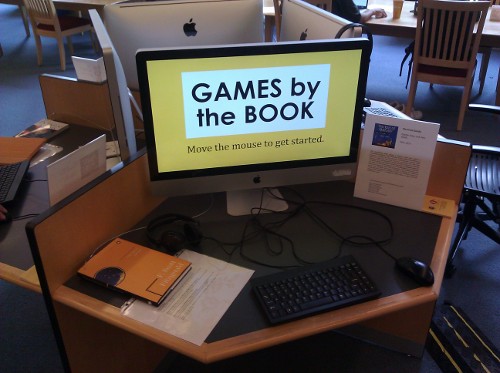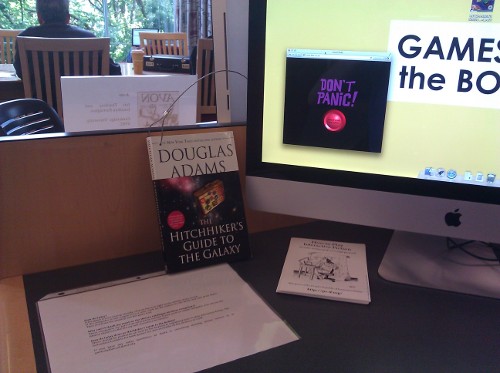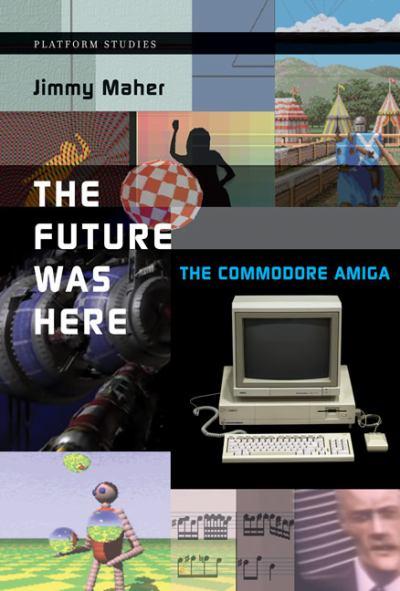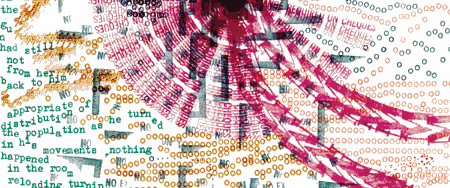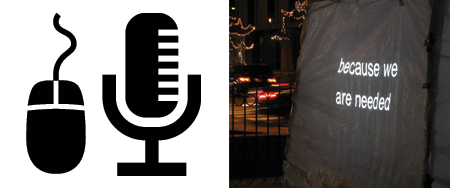Tried of thinking about well-defined regions of red and blue?
… start thinking about PURPLE BLURB, the digital writing series at MIT.
We’ll have our next event with TRACY FULLERTON, an experimental game designer, professor and director of the Game Innovation Lab at the USC School of Cinematic Arts where she holds the Electronic Arts Endowed Chair in Interactive Entertainment. The Game Innovation Lab is a design research center that has produced several influential independent games, including Cloud, flOw, Darfur is Dying, The Misadventures of P.B. Winterbottom, and The Night Journey – a collaboration with media artist Bill Viola. Tracy is also the author of Game Design Workshop: A Playcentric Approach to Creating Innovative Games, a design textbook in use at game programs worldwide.
Fullerton’s talk “Finer Fruits: Experiment in Life and Play at Walden” will take place:
November 8
5:30pm
In MIT’s 32-155 (Stata Center)
This is a joint event with the CMS Colloquium, and supported by the Angus N. MacDonald fund.
Walden, a game, is an experiment in play being made about an experiment in living. The game simulates Henry David Thoreau’s experiment in living a simplified existence as articulated in his book Walden. It puts Thoreau’s ideas about the essentials of life into a playable form, in which players can take on the role of Thoreau, attending to the “meaner” tasks of life at the Pond – providing themselves with food, fuel, shelter and clothing – while trying not to lose sight of their relationship to nature, where the Thoreau found the true rewards of his experiment, his “finer fruits” of life. The game is a work in progress, and this talk will look closely at the design of the underlying system and the cycles of thought that have gone into developing it. It will also detail the creation of the game world, which is based on close readings of Thoreau’s work, and the projected path forward for the team as we continue our sojourn in experimental in play.
We have also *added* a Purple Blurb event this semester. Prof. Al Filreis of the University of Pennsylvania Kelly Writers House will join us for a conversation with Nick Montfort on December 10 at 5:30pm in 6-120. He’ll discuss his experience teaching modern poetry to 34,000 students online. More about this as the time nears …
For now, I hope to see you this Thursday for Tracy Fullerton’s presentation about Walden, a game.


